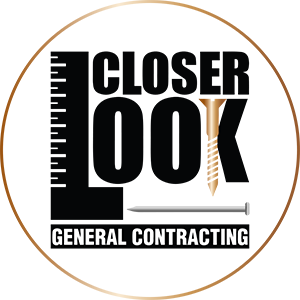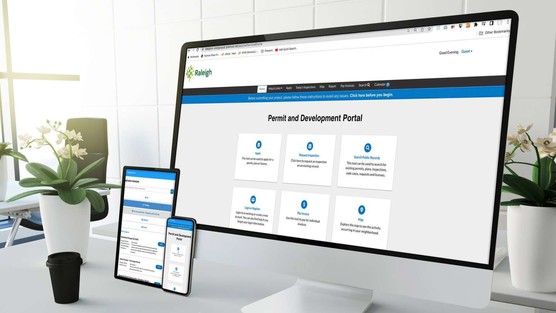
Questions to Ask When Choosing a General Contractor
When choosing a home renovation professional, these are important questions to ask
Embarking on a home renovation can be daunting. The contractor you choose is one of the most important parts of your project, so before you get started, here are some questions to ask.
Have you completed projects similar to mine?
Of course you want an experienced contractor, but dig a little deeper to find out whether they have experience in the type of project you want to have done. Check out their website (if they have one) for photos of recent work similar to yours, and ask for details about what those projects entailed, such as duration, cost, and unique aspects.
Do you have a list of references I can contact?
The ideal contractor for your project will have plenty of positive reviews and testimonials online. Take that one step further – ask for references you can call and speak to yourself, so you can get answers to your specific questions and chat candidly about their personal experience with the contractor.
How long have you been in business?
The recent surge in the housing prices and shortage of new construction has seen many people start their own construction businesses in order to take advantage of a booming remodel market. While most anyone can start a business, it takes much more to sustain one. Look for a contractor who has maintained a successful and consistent business over many years – the results will speak for themselves.
Are you licensed and insured?
About half of states in the US require a general contractor to be licensed (North Carolina being one of them). Building isn’t the only aspect of running a contracting company. One of the most important reasons contractors have to carry licenses is for safety’s sake. The state regulatory boards want to ensure that a contractor knows the proper header thicknesses, how to wire an electrical panel, how to ensure a gas-fired water heater is running properly, and how to handle many other potentially dangerous situations. Contractors also need to run fair and ethical businesses, and states need to ensure they do so to protect consumers. Most states that offer contractor licensing exams have at least two main sections: trade knowledge and business law. Trade knowledge ensures that contractor applicants know how to do the job properly. The business law section typically covers best practices, tax rules, business ethics, and other vital aspects of fair business. By testing the contractor’s trade knowledge, the state gains a baseline on a contractor’s industry know-how.
States want contractors to carry certain insurances, such as liability insurance and worker’s compensation. How does this protect homeowners? Liability insurance guarantees that if a major deficiency or failure should occur, the funds are available to cover repairs and reconstruction, even those of great magnitude. Worker’s compensation provides a financial safety net for laborers employed by the contractor in the event they are injured in the process of performing work on a project. By making these regulations part of carrying a license, the state can ensure all new contractors are on the up-and-up. And, by requiring contractors to renew their licenses every 1 to 3 years, the state can also ensure they maintain those compliances.
Do you use a schedule when running my project?
Check with your contractor about what days and times they plan to be on site. While most contractors typically have a five-day work week during daytime hours, every contractor is different, and there may not be workers on-site every day. Communication is important in both directions – if you have stipulations or time-constraints, it is very important to let your contractor know. Likewise, if you have other workers scheduled such as movers, furniture delivery or specialty trades, be sure to keep your contractor informed so they can coordinate and avoid disruptions.
Will you take care of pulling all required permits?
Your contractor is the one who will pull any permits needed for your project but there are cases where a contractor may not do so. While you can file for the permit retroactively, it will take time and money and if the permit is not pulled at all, you can be facing fines. Make sure that this is something that the contractor will take care of so you don’t have to worry.
How do I know my house will stay secure during the project?
Your security is important no matter who is at your home. Start by inquiring whether your contractor conducts background checks on his or her employees. A lock box is often the best way to provide your contractor and crew with access to your home, provided that you are comfortable with that. If you have an alarm system, call the company to see if you can get a temporary code just for the contractor.
How will you ensure the safety of my pet?
Your pets are a part of the family, so be sure that your contractor is aware of them. Dogs can get out by gates that are left open, cats may sneak out through open doors. If your pets must remain in the home, secure them properly and let the contractor know that they are there.
How do you communicate effectively during the project?
Communication is key with any project and especially those in your home. Find out how and when you can reach the contractor with any questions or concerns.
What should I budget for my project?
Your budget is one of the most important factors in your project, so be sure you have a full understanding of your proposal and contract. Read all of the fine print and be sure to raise any concerns you have and discuss them in depth; you don’t want to find out later about hidden costs or extras.


